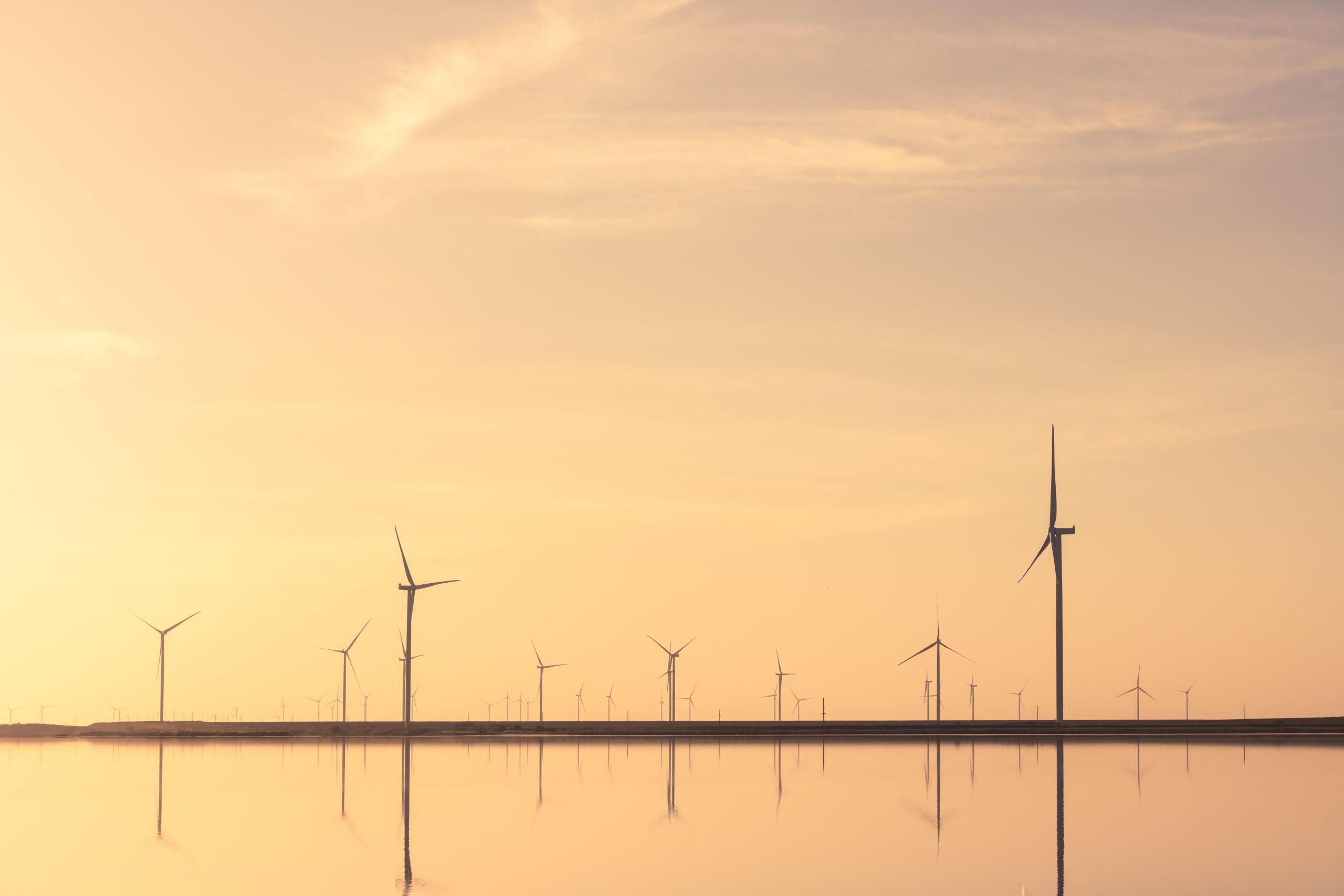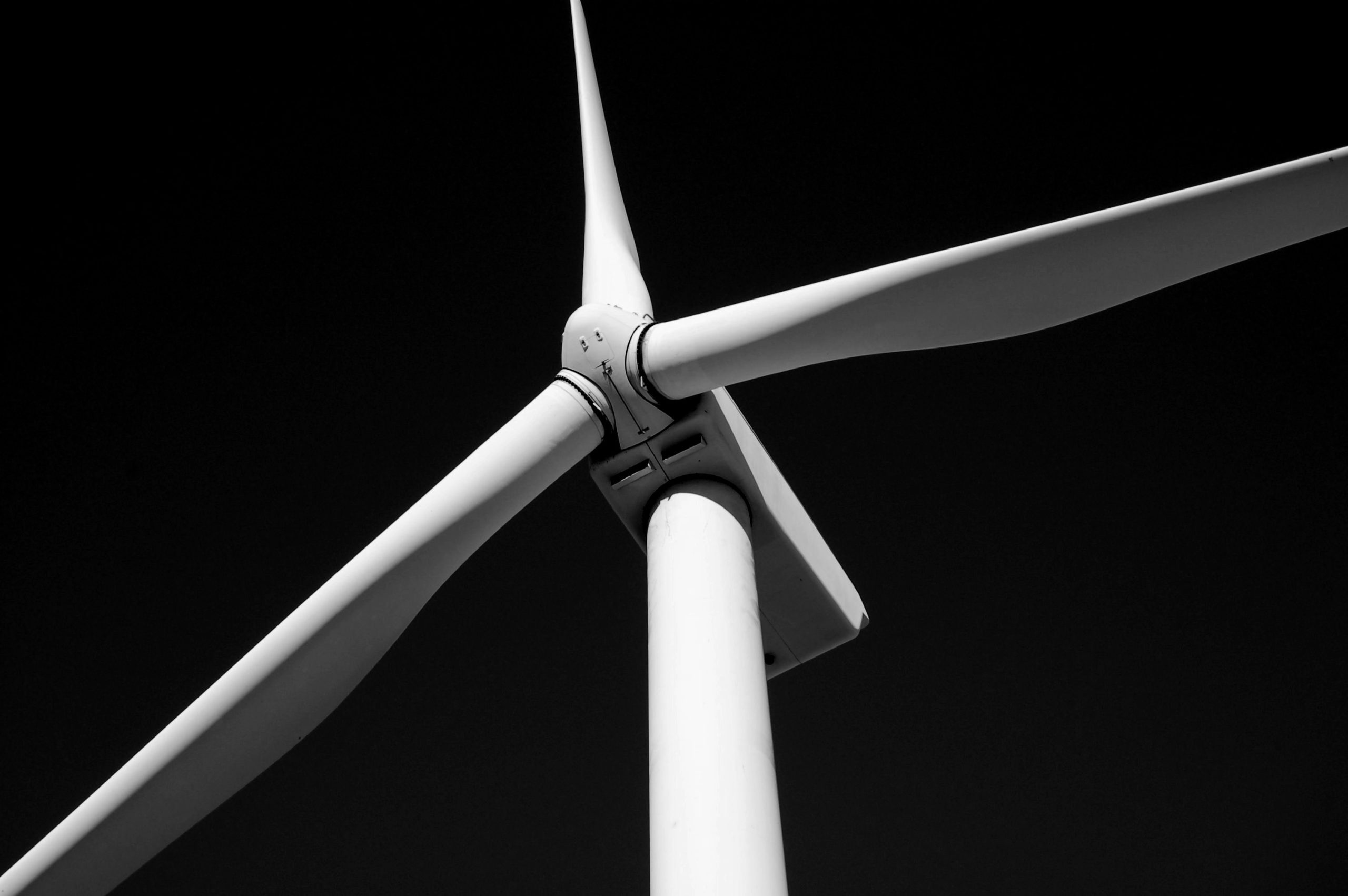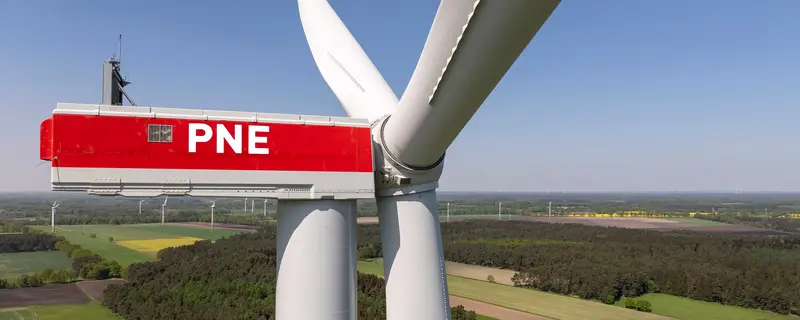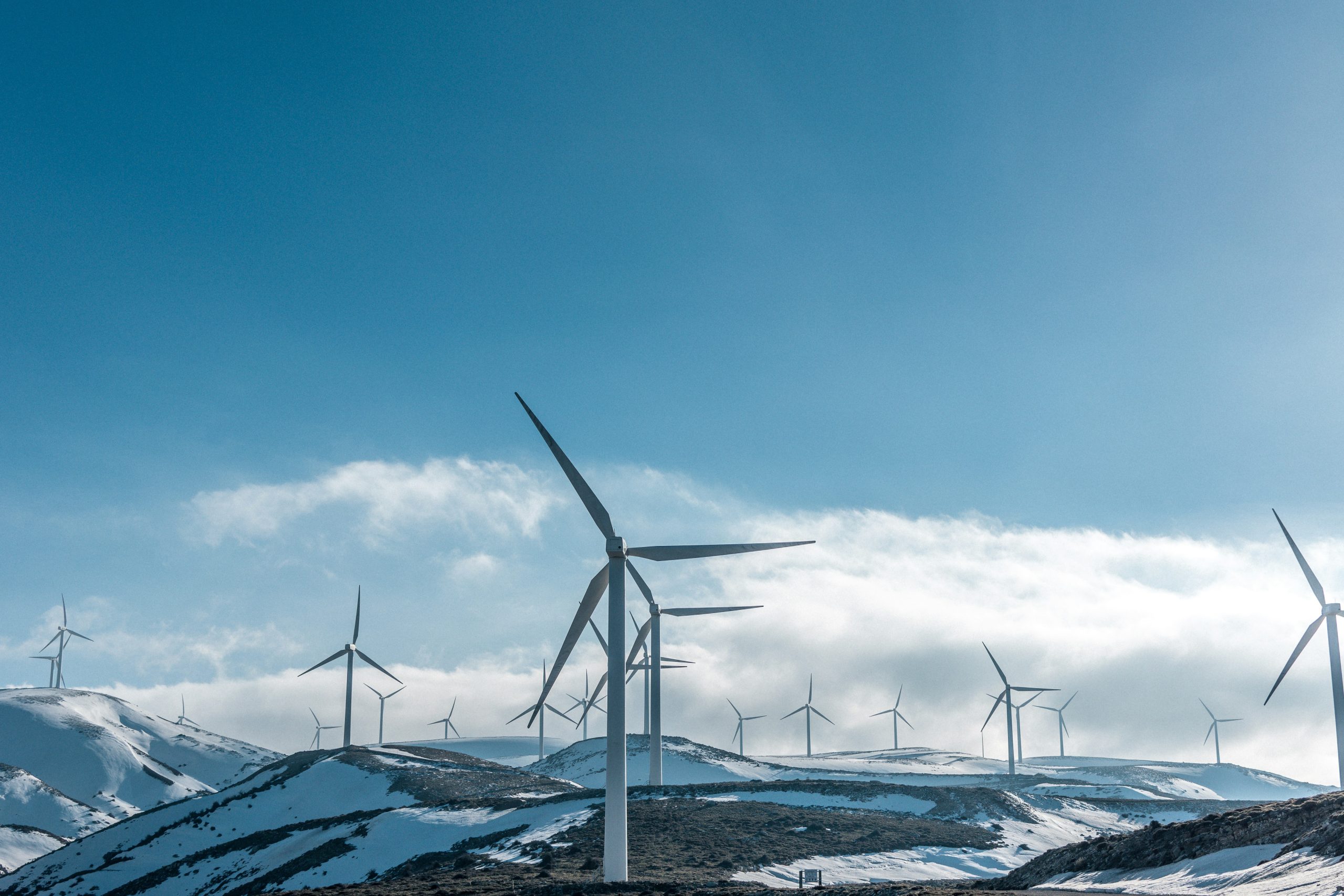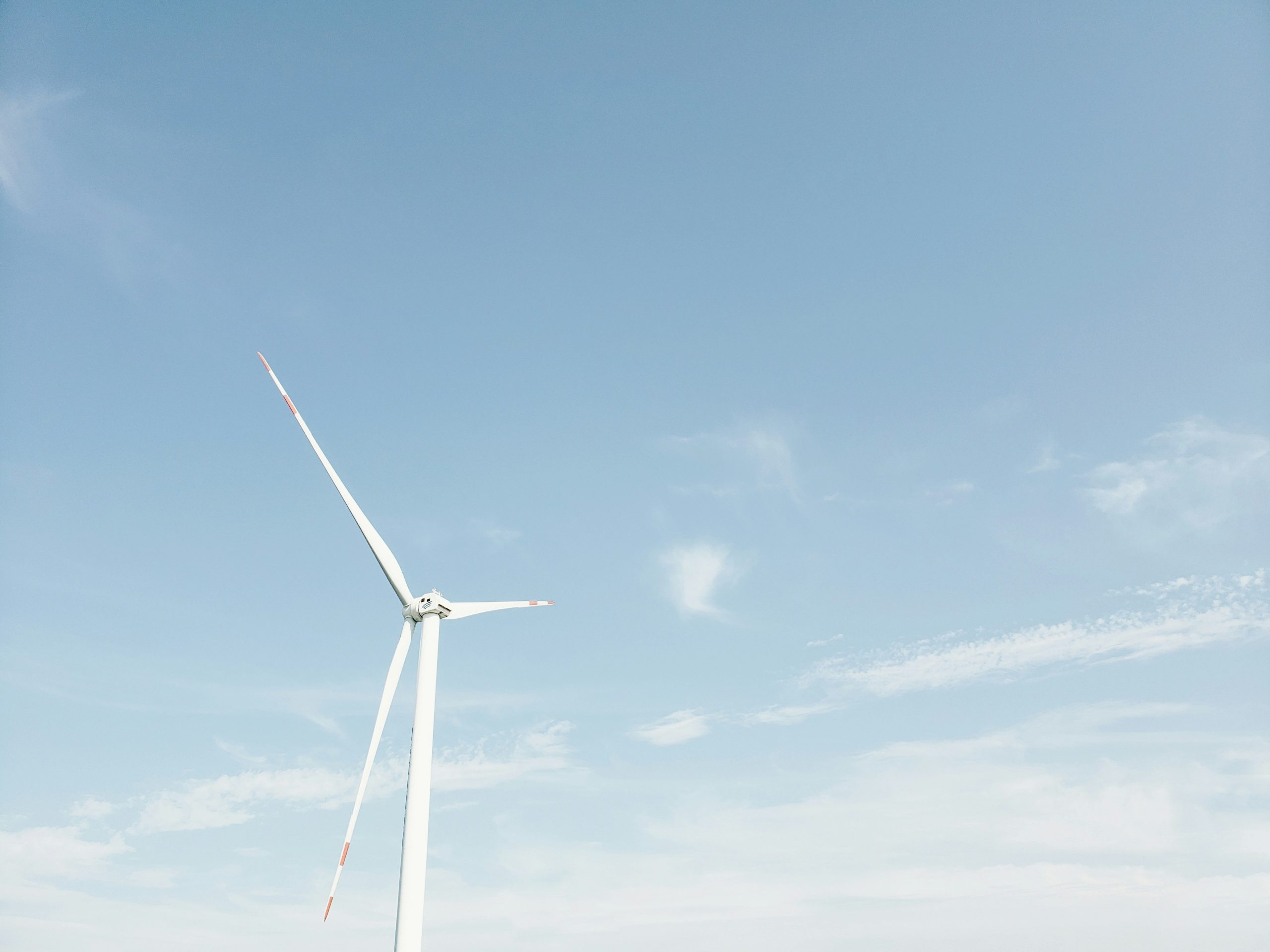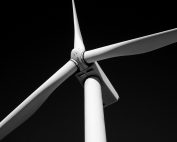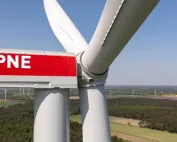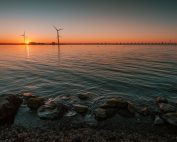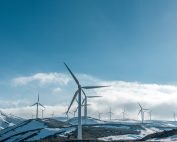Last week, the Government of Lithuania approved the requirements for prospective offshore wind park developers to participate in next year’s tender. The Government decision confirmed the requirements for tender participants’ financial capacity and experience in carrying out projects of this kind, as well as obligations to contribute to environmental protection and the well-being of the coastal community.
This is one of the most important projects for energy independence, so we need to ensure maximum transparency in the criteria for the developer, as well as to allow experienced and reliable developers to compete for the development of this park – said Dainius Kreivys, Minister of Energy.
These requirements will be included in the tender conditions for prospective offshore wind park developers, which will be announced by the National Energy Regulatory Council (NERC) in the second half of 2023. Tender participants will have to comply with European and transatlantic integration criteria, which will be assessed by NERC.
Following the Government’s decision, prospective tender participants will have to have an average annual revenue of at least 250 million euros in the last 3 calendar years and at least 20% of the project value in equity. Prospective tender participants must have experience in developing an offshore wind park of at least 150 MW, either by having built one or having obtained the right to develop one.
The approved requirements provide incentives to choose environmentally friendly means of transport during the construction of an offshore wind park, thereby reducing greenhouse gas (GHG) emissions that contribute to climate change. At least 3% of the construction of the park will have to be carried out by small and medium-sized companies.
The successful tender participant will be required to contribute at least 5 million euros for environmental protection purposes in the Lithuanian maritime area. Once the offshore wind park is built, the developer will be obliged to contribute to the well-being of the coastal communities by making an annual contribution to the communities of the municipalities in the vicinity of the park (1 euro per 1 MWh of electricity generated), which is estimated to amount to around 3 million euros.
The offshore wind park, which is expected to start operating in Lithuanian territorial waters near Palanga in 2028 with a capacity of around 700 MW, could generate up to 3 TWh of green electricity annually. This would provide up to a quarter of Lithuania’s electricity needs and reduce the country’s dependence on electricity imports.
The offshore wind park will attract more than 1 billion euros in investment and create around 1.3 thousand new jobs during its construction.
The preparatory work for the offshore wind park project is being carried out by the Ministry of Energy of the Republic of Lithuania together with EPSO-G and the Lithuanian Energy Agency. The project promoters have already started the procedures for the preparation of a special plan, environmental and public health impact assessments, seabed surveys and wind speed measurements, and other preparatory work.
In view of the approved criteria, the Ministry of Energy invites potential developers to participate in a joint market consultation, which will take place remotely this year November 10 at 2 p.m. Registration form and key information on the offshore wind park can be found at www.offshorewind.lt.
Source: www.offshorewind.lt.
